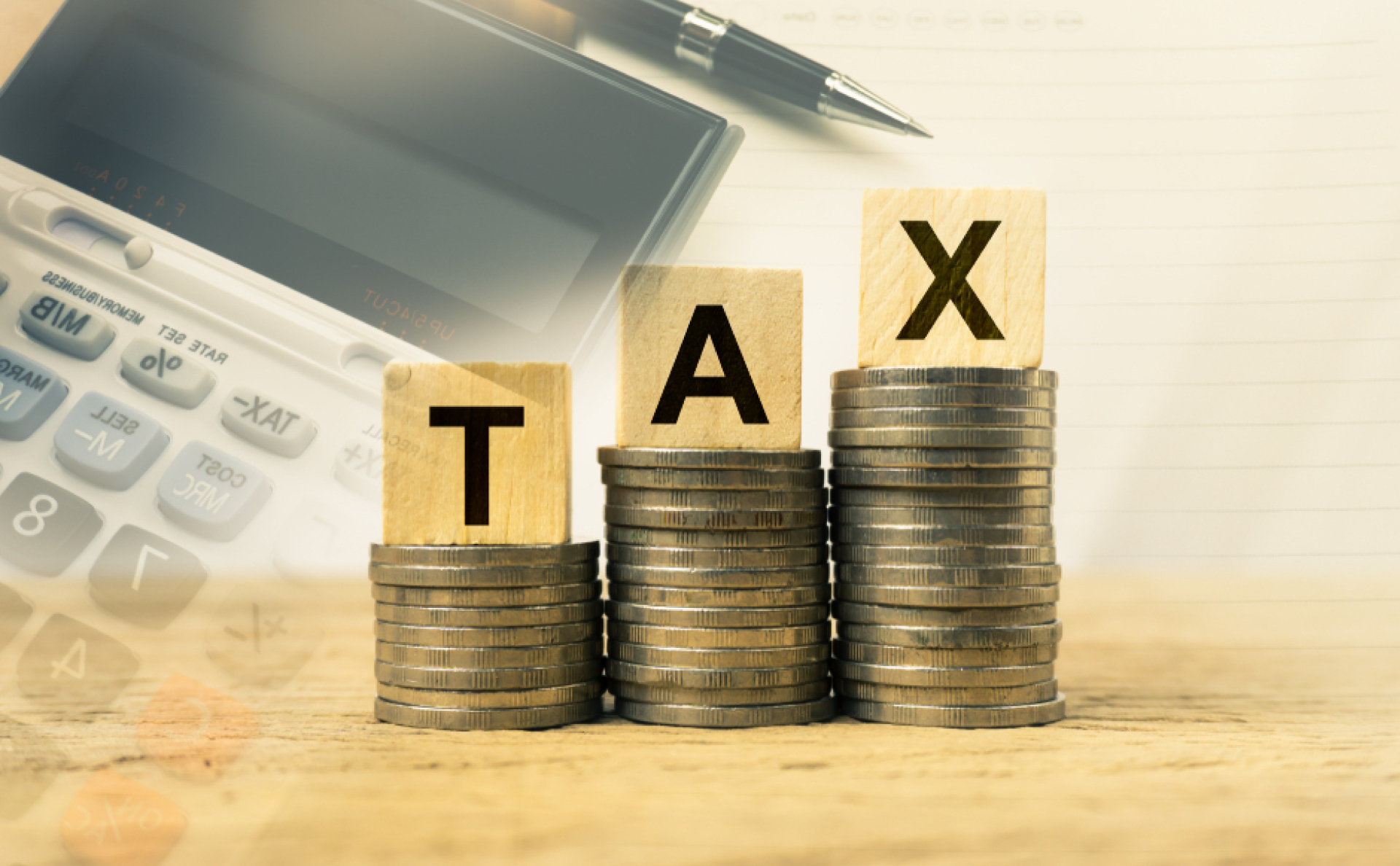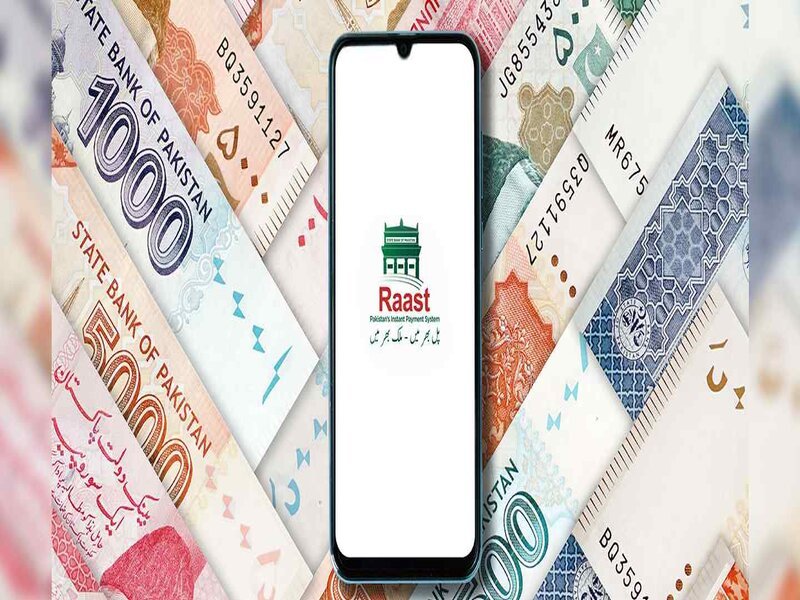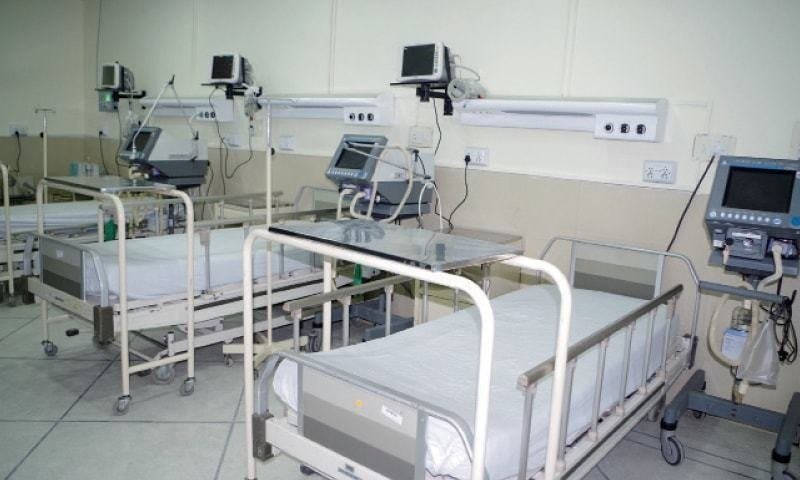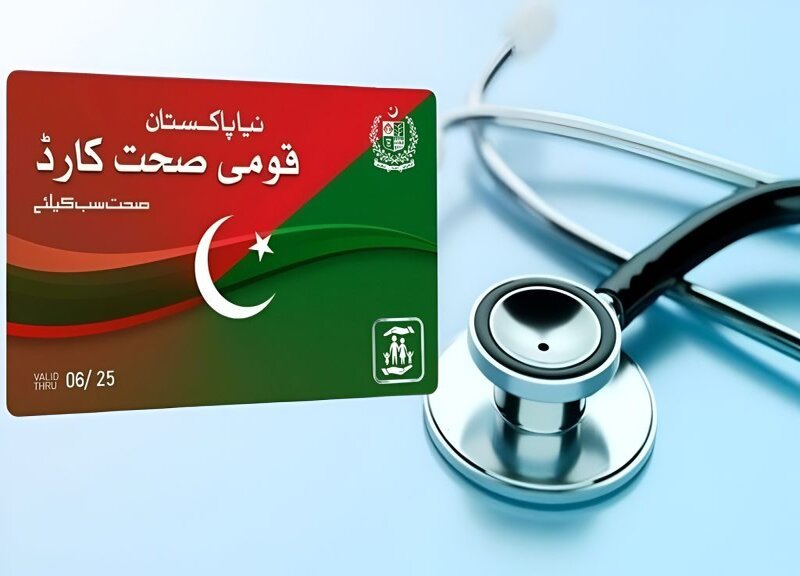Prime Minister Shehbaz Sharif has instructed economic officials to explore the possibility of reducing Pakistan’s high income and sales tax rates in a bid to prevent companies and skilled professionals from leaving the country. The proposal, currently under review, seeks to ease the financial burden on businesses and households amid concerns that excessive taxation is undermining competitiveness and discouraging investment.
According to a report by The Express Tribune, the government is considering a plan that could inject nearly Rs. 1.1 trillion into the national economy by cutting various taxes. The proposals include lowering the top individual income tax rate from 45 percent to 25 percent, reducing the corporate tax rate from 29 percent to 25 percent, abolishing the 10 percent super tax, cutting the general sales tax rate from 18 percent to 15 percent, and eliminating the intercorporate dividend tax.
Officials believe that Pakistan’s current tax regime—one of the heaviest in the region—is contributing to a steady outflow of both talent and capital. Many businesses report that they are effectively paying close to 60 percent of their net income in different forms of taxation, including advance payments demanded by the Federal Board of Revenue (FBR) to meet revenue targets. This, they argue, has created a disincentive for local investment and expansion.
The salaried class has also been disproportionately affected by recent tax increases. Withholding tax collections from salaries surged 55 percent last year to Rs. 605.6 billion, following the reduction in income tax slabs and higher rates. Salaries have now become the second-largest source of withholding tax revenue after government contracts, deepening frustration among professionals facing stagnant wage growth and rising living costs.
However, implementing major tax cuts in the near term may prove challenging due to Pakistan’s ongoing loan program with the International Monetary Fund (IMF). The IMF is expected to oppose any sharp reductions in tax rates until the program concludes, given that Pakistan is already facing a revenue shortfall of Rs. 276 billion in the first four months of the fiscal year. The FBR collected Rs. 3.83 trillion between July and October, against a target of Rs. 4.1 trillion. While customs duty collections slightly exceeded expectations due to higher imports, both income and sales tax revenues fell short.
The IMF has already revised Pakistan’s annual tax collection target downward by Rs. 197 billion, but the government may still need to introduce additional measures in January if revenue performance does not improve.
Despite fiscal challenges, tax compliance has seen modest progress. So far this year, 5.9 million individuals and businesses have filed tax returns, reflecting a 17.6 percent increase compared to the same period last year. However, this figure remains below the 7.8 million total filers recorded previously. The government has ruled out a general deadline extension, allowing only genuine hardship cases to apply for relief.
To address broader economic issues, the Prime Minister has also formed a high-level working group to review customs tariffs, trade policies, and dumping-related concerns. The group includes representatives from both the public and private sectors to ensure that future policy decisions reflect the realities faced by businesses on the ground.
If approved, the proposed tax reforms could mark a significant shift in Pakistan’s fiscal strategy—moving from a revenue-maximization approach toward one aimed at boosting growth, retaining skilled workers, and fostering long-term economic stability.




































